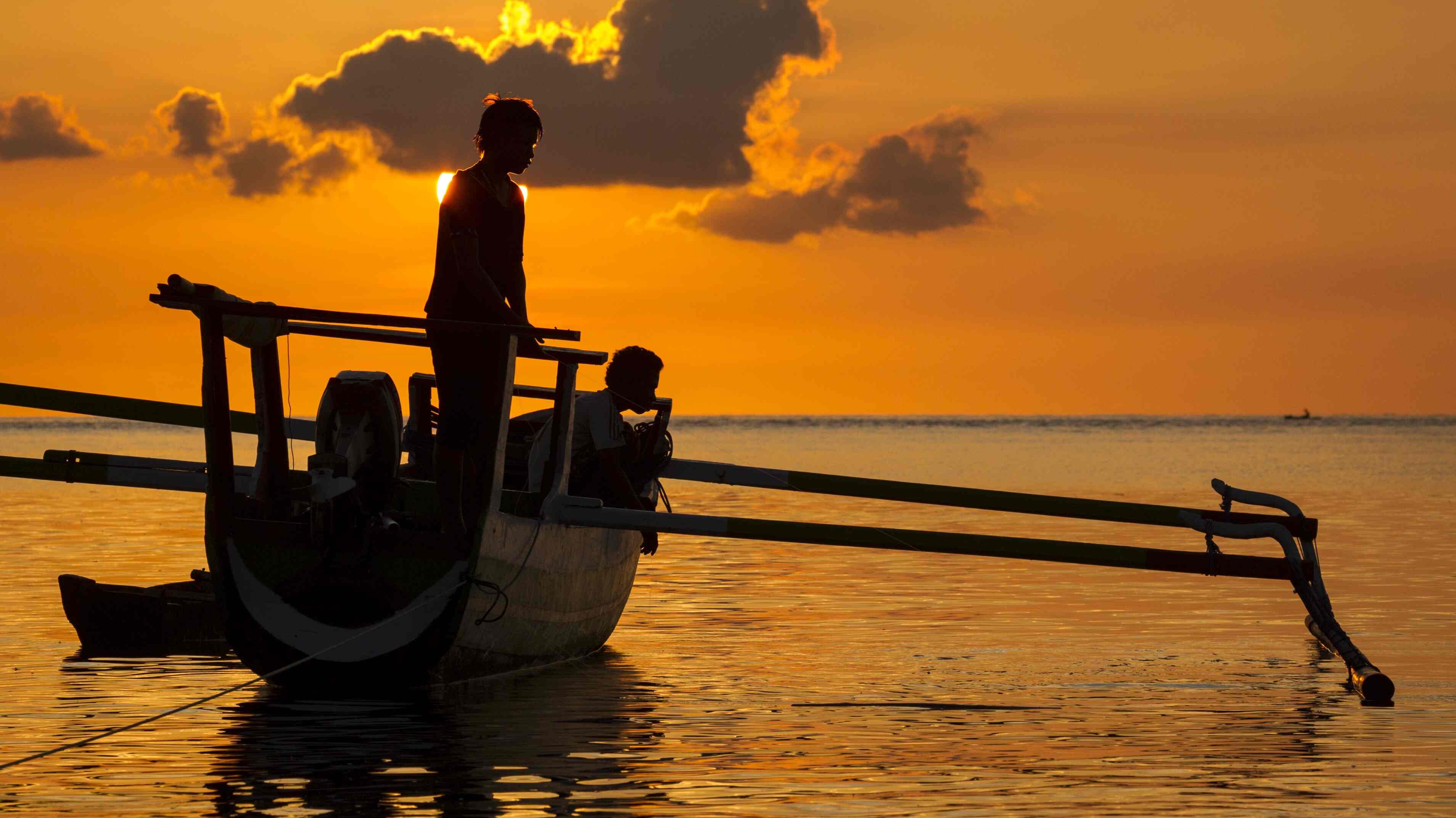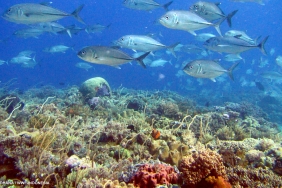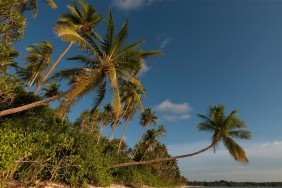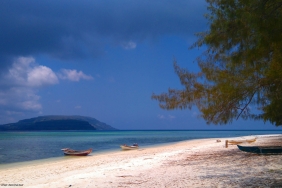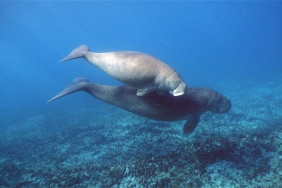SHARK FIN PRICES DECLINE, DOBO FISHERMEN SWITCH TO FISH CONSUMPTION
Author: Ranny Ramadhani Yuneni
Translated by Evert W Fanggidae
In 2009, WWF-International's study estimated total bycatch of global fisheries to reach 40.4%. The species of entangled bycatch also varied, ranging from turtles, sea birds, marine mammals such as dolphins and whales to sharks. The WWF-Indonesia bycatch team conducted a gillnet bycatch survey (fishing nets) from November to December in some high-bycatch potential areas. Among Padang, Kep. Riau, Bangka, Cilacap, Banyuwangi, Puger, Takalar and Kep. Aru. One of the interesting areas is Dobo located in the Southeast Aru Islands, Maluku. Having abundant marine wealth, Dobo is able to attract outside fishermen to find fish in the Dobo region. However, Dobo fishermen targeted the shark as a catch target, not just a bycatch result.
Fishermen say that sharks have been the target of their catches because of the high selling price. The price of sharks can penetrate 1.3 million per kilo, but along with the shark rescue action as well as some areas that have made local regulations or local regulations to protect sharks, in 2013 shark prices also dropped dramatically. Only able to penetrate 800 thousand per kilo, and even then only sold in the national market. Usually the sharks will be sent to Surabaya for further export. The decline in prices caused by the largest number of shark consuming countries has made shark protection rules, so the demand for shark exports also drastically reduced. In addition to the decline in the selling price of sharks, Dobo also implements a system of quota restrictions on fuel oil (BBM) which causes losses to fishermen. Fishermen have to wait one to two months to meet the fuel tanks used to go to sea.
Fishermen Moving The Path
Since shark fin prices have declined and operating costs are high due to restrictions on fuel quota, fishermen decide to switch to Red Snapper, Grouper, Bawal, Tongkol, Tenggiri and others that fall into the category of fish that is often consumed, or do not go to sea at all losers. Sharks into two sides of the coin, the first side of price reductions that affect the decline of fishing by fishermen bring good marine ecological impacts. On the other hand, fishermen are losing their gold mines due to the decline in shark prices. It takes the role of various stakeholders, one of which the Government in making a policy to ban shark fishing to have a good impact to the community. In addition, the role of WWF and the public is needed in the socialization of shark protection to fishermen, so that the fishermen do not lose money, although not the sharks of their catch targets. The WWF-Indonesia team is currently mapping the economic value of fishermen when catching sharks. The result will be a recommendation for the government at the time of shark protection policy. In addition, WWF will also do shark bycatch mitigation, which will eventually be compiled by Better Management Pratice for sharks.

